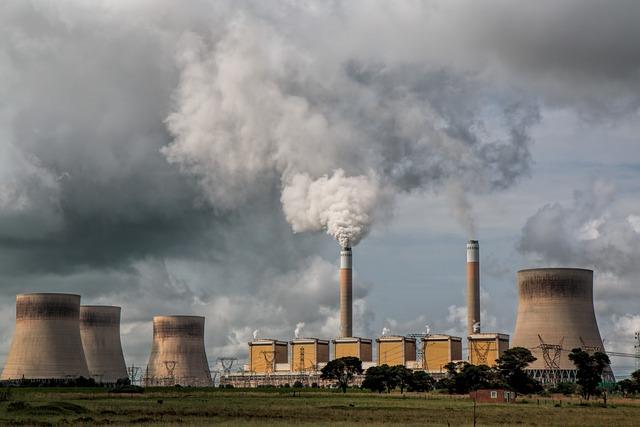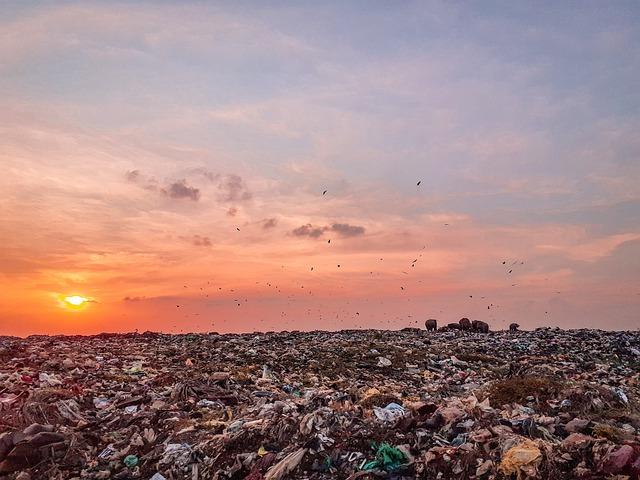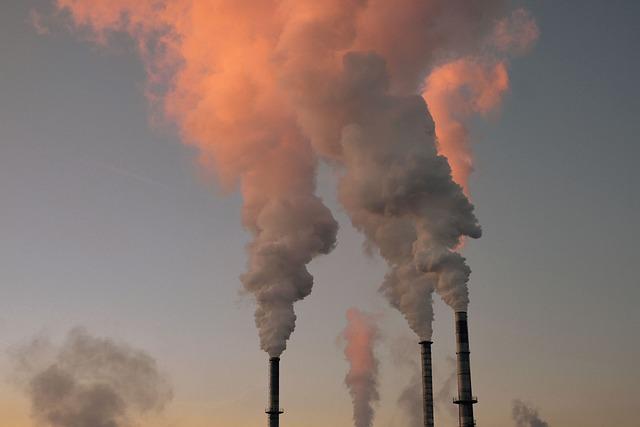- Introduction
- What is Pollution Tracker?
- How Does the Pollution Tracker Work?
- Benefits of Using a Pollution Tracker
- How to Choose the Right Pollution Tracker
- Conclusion
- FAQs
Introduction
Monitoring pollution levels is essential in today's world. Whether it's air, water, or soil pollution, tracking these harmful contaminants can significantly influence our health and the environment. In this article, we’ll be discussing "Pollution Tracker," a tool that has recently gained importance as environmental awareness grows.
We will explore how Pollution Tracker works, its benefits, and what factors you should consider when choosing one. By the end, you'll have a clear idea of why this technology matters more than ever in both personal and public health contexts. Let's dive right into it!
What is Pollution Tracker?

(Image: Pixabay/@RichardsDrawings)
A Pollution Tracker collects real-time data on various types of pollution, including air quality, water contamination, and even noise pollution. Different trackers are designed for different environments and pollutants, making them a versatile tool for analyzing harmful emissions both locally and globally.
Pollution Trackers use advanced sensors to measure pollutants like CO2, NO2, ozone, fine particles (PM2.5), and volatile organic compounds, among others. Based on the calibration of these sensors, users can understand the immediate risks in their surroundings. Many modern pollution trackers also include mobile interfaces that provide accessible readings through smartphones, web platforms, or automated alerts.
This device has become essential not only for eco-conscious individuals but also industries, organizations, and governments that aim to keep emissions under control to reduce their negative impact on public health and the ecosystem.
How Does the Pollution Tracker Work?

(Image: Pixabay/@stevepb)
Several core components make up a pollution tracking system. At the heart are highly sensitive sensors that detect changes in specific pollutants in real-time. These sensors vary depending on the type of pollutant they are designed to measure. For instance, air pollution detectors can track gases such as carbon dioxide, sulfur dioxide, and particulate matter.
The data collected by the sensors is then transmitted to a central hub or an application. By using cloud computing and wireless networks, Pollution Trackers can send live updates to designated platforms, providing users with continual access to pollution levels in their location. This feature makes them highly practical for urban dwellers who face issues such as smog, or those living near industrial zones.
Many pollution trackers are also designed to integrate with home automation systems or smart city applications, enabling citizens and regulatory authorities to collaborate in reducing pollution on a broad scale. Thanks to this technology, there’s greater transparency in understanding where pollution is coming from and how to mitigate its effects.
Benefits of Using a Pollution Tracker

(Image: Pixabay/@A_Different_Perspective)
Using a Pollution Tracker brings several advantages, particularly in improving public awareness, health protection, and environmental management.
Health Protection: Airborne pollutants can affect vulnerable populations such as children, the elderly, and people with respiratory conditions like asthma. Monitoring air quality empowers individuals to manage their exposure, change habits, and better understand when it's safer to stay indoors or avoid areas of concern.
Environmental Management: For governments and businesses, having real-time pollution data is invaluable for enacting policies that limit emissions. Quick responses to high pollution levels can prevent further degradation of the environment and ensure compliance with international environmental regulations.
Data Transparency: Another compelling benefit is the public accessibility of pollution data. As more people become environmentally conscious, having open access to this kind of information fosters increased public engagement in local and global climate activism.
How to Choose the Right Pollution Tracker

(Image: Pixabay/@Karuvadgraphy)
When selecting a Pollution Tracker, it's essential to evaluate the features and specifications that will best serve your needs. Here are some key considerations to keep in mind:
Type of Pollutant Measured: Some devices are specialized in a particular type of pollutant—for example, focusing solely on air quality or noise levels. Depending on your main concern, look for a tracker designed accordingly to monitor those specific elements accurately.
Ease of Use: Consider user-friendly devices that provide intuitive interfaces and seamless syncing with smartphones or home systems. This ensures consistent monitoring without requiring complex setup processes or deep technical knowledge.
Measurement Frequency and Accuracy: Another critical factor is how frequently the device records data and its precision. Opt for trackers that offer real-time or near-real-time updates, especially if you're using them in highly polluted urban areas, where air quality can fluctuate rapidly throughout the day.
By considering these factors, you can find a Pollution Tracker that fits your requirements and genuinely helps you contribute to a reduced environmental footprint and improved well-being.
Conclusion
In conclusion, a Pollution Tracker plays a key role in today's fight against environmental degradation. From helping individuals reduce exposure to harmful pollutants to guiding government policies aimed at improving air, water, or soil quality, these devices empower communities to take meaningful action based on accurate, real-time information.
It's now easier than ever to take pollution monitoring into your own hands, whether you're seeking personal safety or working towards broader environmental goals.
FAQs
What pollutants can be tracked with a Pollution Tracker?
Pollution Trackers can measure various pollutants, including airborne particles like PM2.5, gases such as carbon dioxide and nitrogen dioxide, and even noise pollution in some cases.
Are Pollution Trackers suitable for use indoors and outdoors?
Yes, many Pollution Trackers are designed for both indoor and outdoor usage. Be sure to choose one with specific capabilities for your intended environment.
How accurate are Pollution Trackers?
The accuracy depends on the model and type of sensors used. Higher-end models tend to provide more reliable results with more frequent updates.
Can I integrate a Pollution Tracker with smart home systems?
Most modern Pollution Trackers offer compatibility with smart home devices and mobile apps, ensuring continuous monitoring and easy access to data from anywhere.

